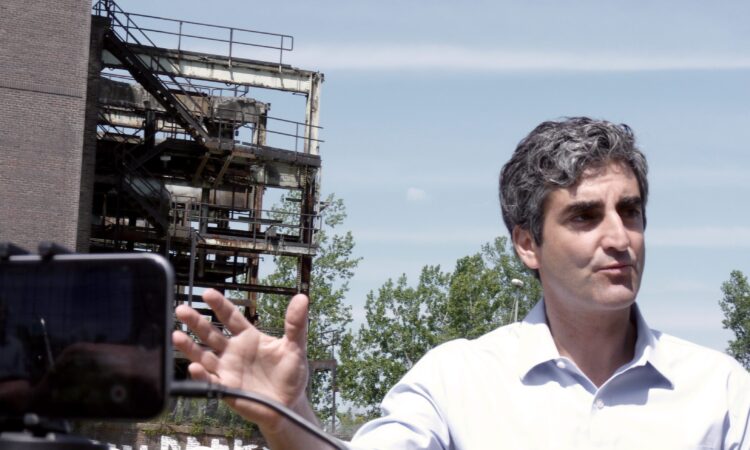

[B]URLINGTON — Since August 2013, the city has spent $210,000 on real estate development consultants, and pending contracts would bring that total to $295,000.
The lion’s share of that money is going to Ken Braverman, a principal in the eponymous Braverman Co., who has helped Burlington negotiate deals that involve public investment such as the planned new marina and sailing center.
Braverman is also working for the city on negotiations with developers hoping to overhaul the former Moran plant and the Town Center Mall. About $66,000 of the $195,000 he’s been paid to this point comes from money fronted to the city by Don Sinex, who is handling the mall redevelopment.
Jeffry Glassberg, another real estate consultant, has received $14,000 for helping the city explore its option for the future of Memorial Auditorium and contiguous parcels known collectively as the Gateway Block. There is a $25,000 pending amendment to Glassberg’s contract.
The Board of Finance approved a contract extension for Braverman at their Monday meeting, but City Council President Jane Knodell lamented what she described as the city’s reliance on development consultants.
“There was a time when much of this work was being done by a CEDO director,” Knodell said, “It’s hard to spend this much on consultants and feel like this is going on and on.”
Mayor Miro Weinberger defended the city’s use of consultants, saying it’s in line with past administrations. In a statement sent Friday he cited as examples contracts from 2010 with the firm White & Burke to consult on an earlier effort to redevelop Moran and the hiring of Dorman & Fawcett to help manage Burlington Telecom.
“We are using professional real estate consultants to negotiate and manage redevelopment agreements involving millions of dollars of income to the city and the creation of enormous public value,” Weinberger said in the statement, “As Burlington has experienced directly, failure to get these agreements and their implementation right can be very costly to the city and the public.”
Without a developer at CEDO’s helm, Weinberger says the city needs to hire outside experts who can negotiate complex real estate transactions.
“Michael Monte was the last CEDO director with a real development background,” Weinberger said.
Monte, who is now the chief financial officer for the Champlain Housing Trust, served as CEDO director from 1999 to 2006 and 1989 to 1993, according to his LinkedIn page.
Weinberger said he chose to appoint Noelle MacKay as CEDO director based on feedback from city staff who said they wanted a leader with a more broad range of skills, not simply real estate development.
MacKay, who started as director this week, will be involved in the public-private developments that Braverman and Glassberg are advising on, but because she doesn’t have a real estate background, the city will continue to need consultants, Weinberger said. MacKay was previously the commissioner of the state Department of Housing and Community Development.
“It’s certainly not my expectation that Ken’s work will not be done in November,” Weinberger said, referring to the term of his pending contract amendment.
That amendment will need approval from the full City Council and is expected to be on the agenda for the next meeting on Aug. 15.
Weinberger said he would be willing to explore whether the city could save money by hiring someone to serve as a real estate development expert, but he said it would be difficult to hire someone as skilled as Glassberg or Braverman for a city position that could be cut if there’s no projects that need their input. There’s simply not enough job security, he said.
The most recent figures available from fiscal year 2015 show that the director of the city’s Community & Economic Development Office, or CEDO, earned a salary of $92,500, not including benefits. Officials were not immediately able to provide the approximate value of city employee benefits.
Knodell questioned whether the city’s contracts with real estate development consultants could be tied to the outcomes for the deals they help negotiate.
Weinberger said that too would be a tough row to hoe, because the success of the development projects consultants advise the city on are ultimately in the hands of the private developers, making it difficult to find consultants who would accept contracts with that kind of risk.
City Councilor Karen Paul, D-Ward 6, said she shared Knodell’s concerns, but felt the city is, at least in the near-term, committed to its present course, which relies on development consultants.
“We’re hoping for a great outcome, and we can’t stop now,” she said.
Correction: An earlier version of this story gave the wrong FY 2015 salary for the CEDO director. The salary was $92,500 not $78,000. The earlier version also misstated the mayor’s rationale for believing the city would have a difficult time hiring a real estate consultant to a city position.




